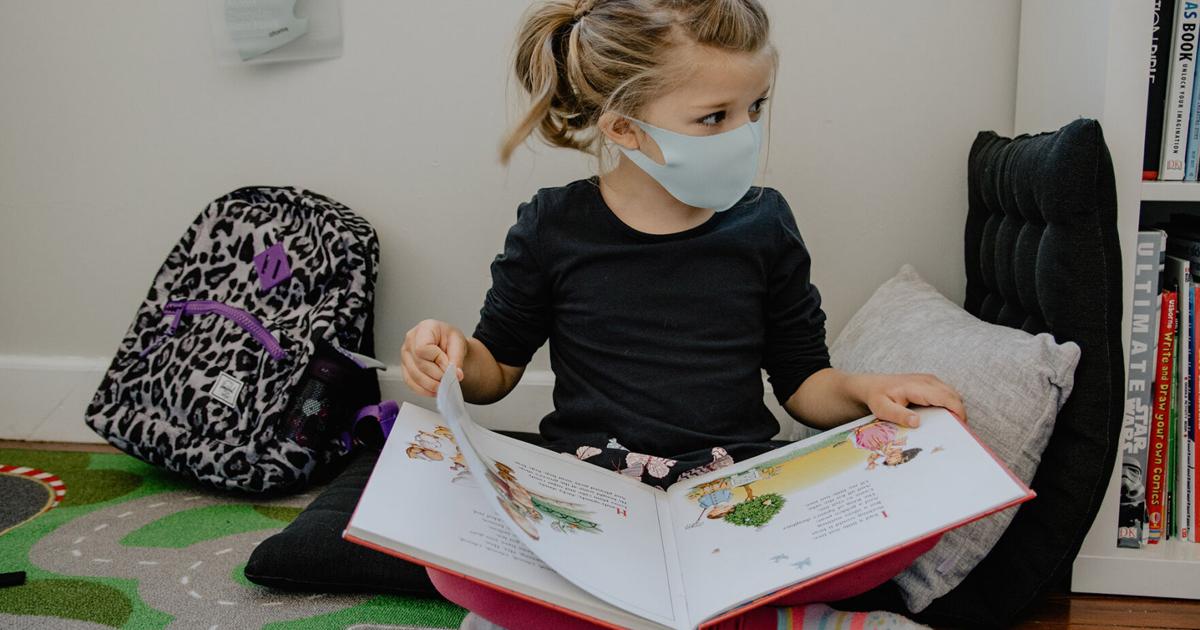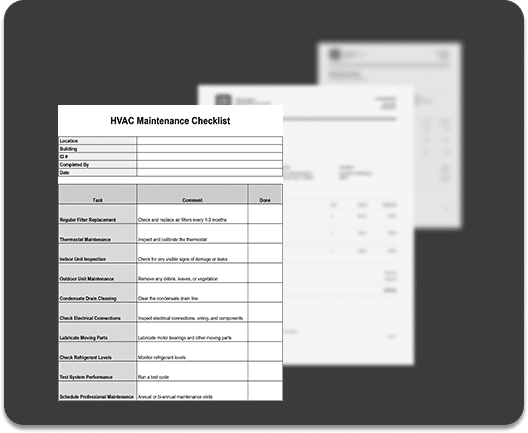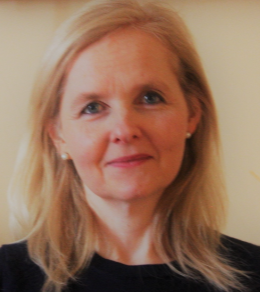As winter approaches, so does the spreading of viruses like COVID-19, the flu and respiratory syncytial virus. Because of a surge in cases, colloquially known as the “tripledemic,” it is the responsibility of schools to take the proper measures to maximize the potential for their students to stay healthy.
Tina Schneider, executive director at Cleveland Montessori school in Cleveland, and Teri Hochberg, director of education at Park Synagogue in Pepper Pike, discussed the effects the tripledemic has had on educational institutions and how schools are working to minimize its impact.
“While schools want to keep students in school, it is important to maintain a safe, healthy environment by ensuring that the students who are present are not displaying symptoms of any communicable illness,” Schneider said. “This requires a partnership between the school and parents to monitor student health and educate the children on healthy habits.”
The wintertime often results in children being kept inside more and having less opportunities for recess, she noted. This results in children being confined to enclosed spaces for longer periods of time, thus increasing their risk of contracting a virus.
“It is important that students continue to spend time outdoors even through the winter months, bringing (or) wearing appropriate gear to school to ensure they can safely go outside in the cold or snow as often as possible,” Schneider advised.
Lessening the chances that students will fall ill from being indoors can be done by opening windows and equipping the classrooms with air purifiers and hand sanitizing stations, Schneider suggested.
Schools should educate their students on proper hand-washing practices, use and disposal of tissues, and when to wear a mask, she recommended. This will instill in them good habits for keeping themselves and their peers healthy, she added.
Schools should stay in touch with parents by providing information about communicable illnesses and informing them when there has been a confirmed case of an illness within the school, Schneider said.
Preventative measures should also be taken at home, she said.
“Parents need to also be proactive in monitoring their child’s health and keeping a child home when they are showing signs of communicable illness, which will go a long way in preventing the spread of illnesses,” she said.
By continuing to remind their children of good hygiene habits, and instilling the value of good nutrition and hydration, parents will help kids build stronger immune systems and lifelong healthy habits, Schneider said.
Hochberg said the key to keeping an educational environment healthy is communicating with families.
“We have open communication with our parents and they just text and say, ‘Our family won’t be joining you today, because someone in the family has COVID or RSV or the flu, and we look forward to seeing you next time,’” she said.
This open line of communication between families and staff helps an educational program be made aware of what is going on in a student’s home, health-wise, and know that they’ll be back in school once they feel better, she noted.
“By having this open communication, zero outbreaks happened that originated from Sunday school,” Hochberg said.















